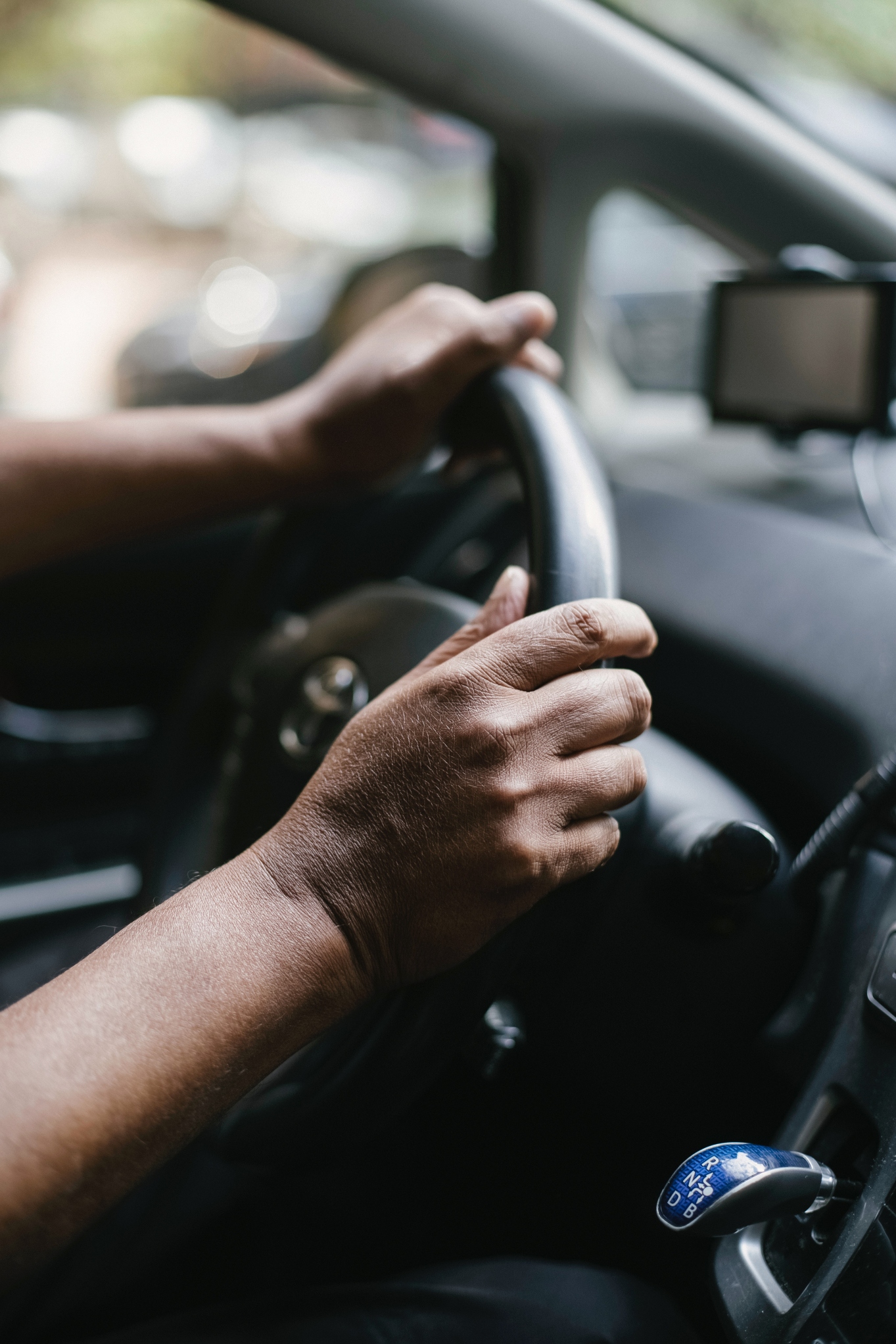October 1, 2021

Driving relies on a person’s vision, hearing, and coordination, as well as their ability to pay attention and focus. Changes in a person’s health can affect their ability to drive safely over time.
If you notice changes in a parent’s or an elderly family member’s driving abilities, there may be some ways that your loved one can adjust the way they drive to stay safe.
Schedule Regular Hearing and Vision Tests
Eyesight changes with age. Certain eye diseases, like glaucoma, cataracts, and macular degeneration, are more likely to affect people over the age of 50. These conditions can make it difficult for someone to read street signs or drive at night.
Hearing can also change with age. Hearing loss can be dangerous for driving, because it can make it difficult for someone to hear horns, sirens, or even a noise from their own car that warns them that they need to pull over or move to another lane.
Older adults should schedule regular hearing and vision tests to check their eye health and their hearing ability. They may be able to correct any issues with glasses or with a hearing aid.
Get Their Driving Skills Checked Regularly
Getting regularly retested for driving can help older adults understand their current driving ability, refine their driving habits, and can also give their families peace of mind. Adults can get their driving skills checked by a driving rehabilitation specialist, occupational therapist, or other trained professional.
Stay Physically Active
It’s common for a person’s muscles to weaken and for their joints to get stiff with age. For example, arthritis, which is common among older adults, can make it difficult for someone to grip a steering wheel, press on the brake pedal, or even look over their shoulder to check a blind spot.
Staying active can help people with flexibility problems strengthen their muscles and improve flexibility. Low-impact activities, like walking, swimming, stretching are generally recommended for people with joint stiffness.
Avoid Rush Hour
As someone gets older, they may have a difficult time reacting as quickly as they used to. To help avoid situations where a person may need to stop suddenly, older adults should plan trips during quieter times of the day, when there is less traffic, or drive in the right lane where traffic moves slower.
Avoid Driving When the Weather is bad
Rain, ice, or snow can make driving conditions dangerous very quickly and anyone can have difficulty driving when the weather is bad. If visibility is poor on the roads, or if the roads are icy, the safest decision to make is to wait to run any errands until the weather is better or to use public transportation.
Know When to Stop Driving Altogether
Having the conversation of when your loved one should stop driving is difficult. But it’s one that could save their life or someone else’s. If your loved one is unable to drive safely, hiring a home health aide can help reduce the need for your loved one to use a car. JSP Home Care Services provides specialized home care for aging adults. Our home health aides help aging adults with errands such as food shopping and picking up prescriptions. To learn more about how we accompany aging adults in New York City, contact us online or call 866.860.2528.
Sources:
https://www.cdc.gov/transportationsafety/older_adult_drivers/index.html https://www.cdc.gov/arthritis/basics/physical-activity-overview.html